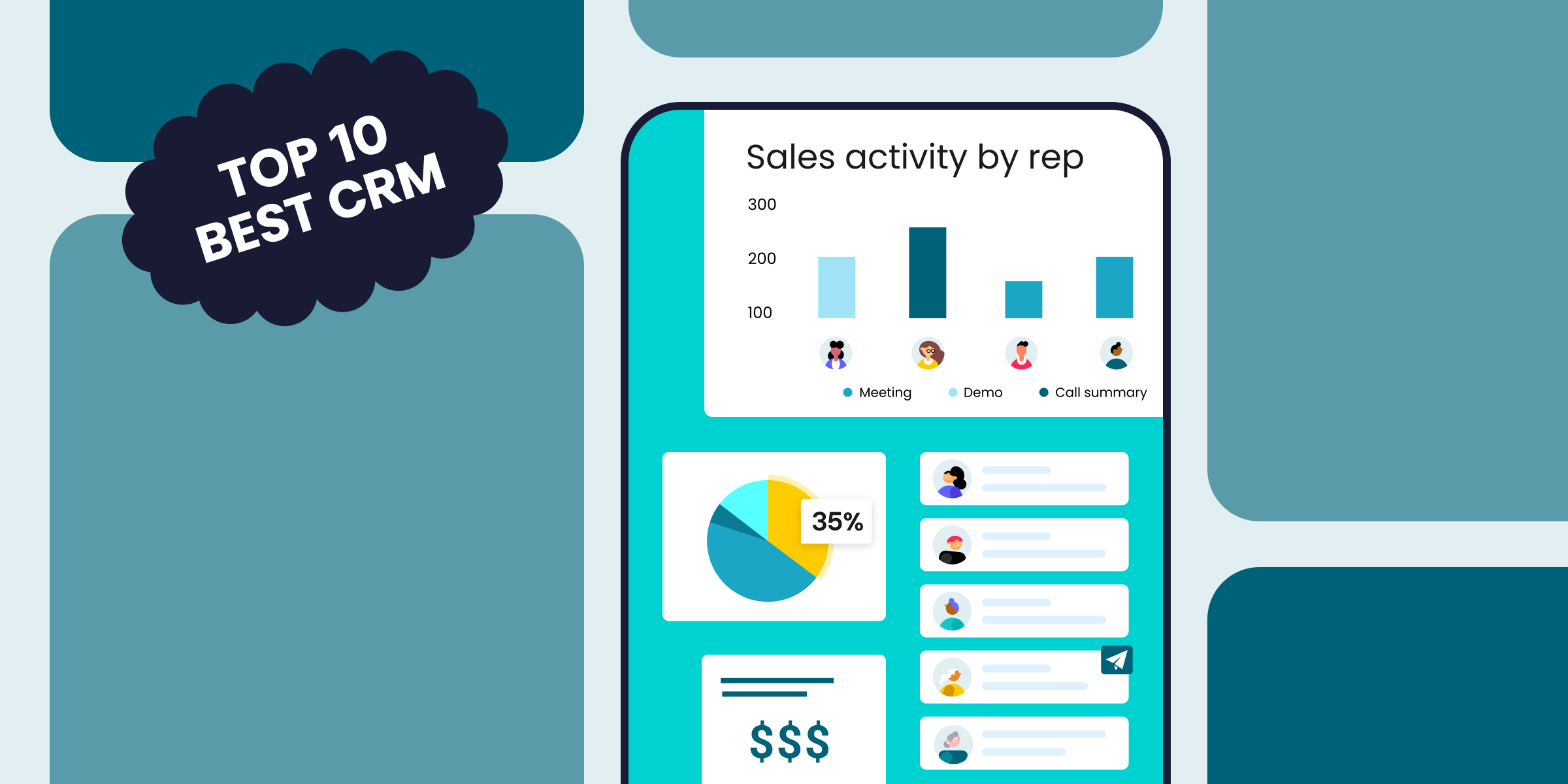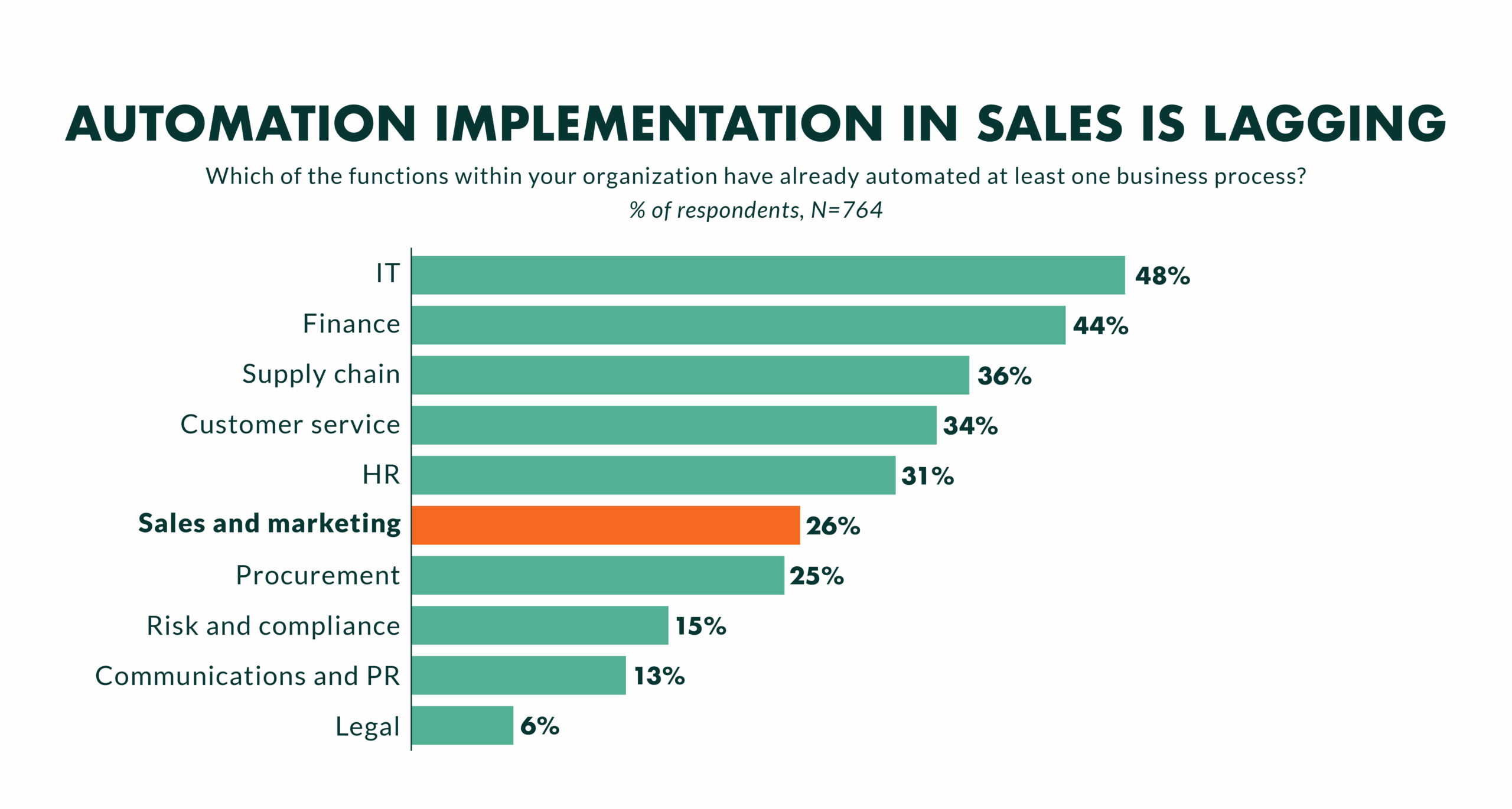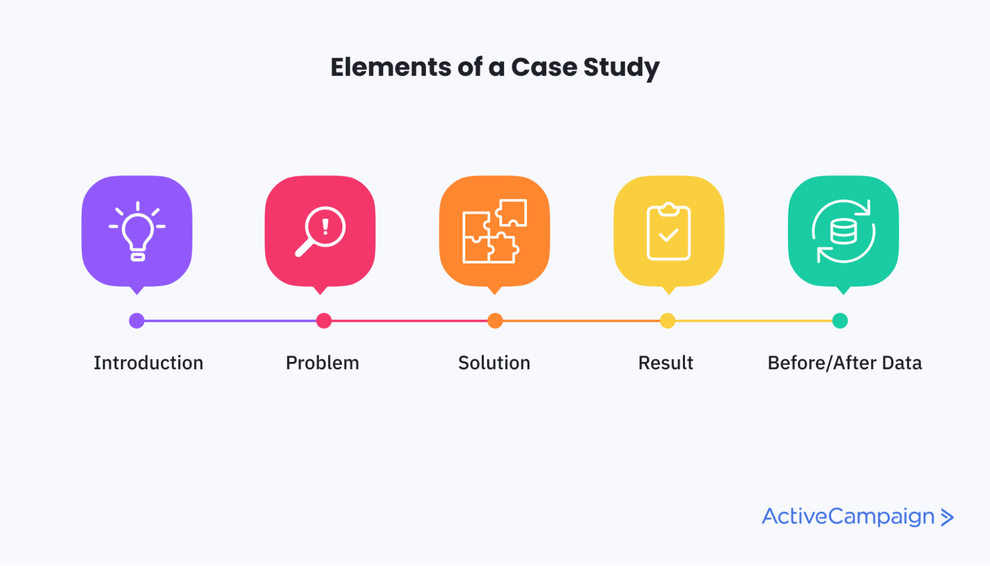Introduction: The Power of CRM in the Marketing Landscape
In today’s dynamic business world, where customer expectations are constantly evolving and competition is fiercer than ever, understanding and maximizing your return on investment (ROI) from marketing efforts is paramount. One of the most effective tools in achieving this goal is Customer Relationship Management (CRM) software. CRM isn’t just a piece of software; it’s a comprehensive strategy that puts the customer at the heart of your business. It’s about building lasting relationships, personalizing experiences, and ultimately, driving revenue growth. But how do you ensure that your investment in CRM marketing pays off? This article dives deep into the intricacies of CRM marketing ROI, providing actionable insights and strategies to help you unlock its full potential.
What is CRM Marketing? A Deep Dive
Before we delve into the ROI aspect, let’s clarify what CRM marketing truly entails. CRM marketing is a strategic approach that leverages CRM software and data to manage and analyze customer interactions throughout the entire customer lifecycle. It encompasses a wide range of activities, including:
- Data Collection and Management: Gathering and organizing customer data from various touchpoints, such as website interactions, email communications, social media, and sales interactions.
- Segmentation: Dividing your customer base into distinct groups based on demographics, behaviors, preferences, and purchase history. This allows for more targeted and personalized marketing efforts.
- Personalization: Tailoring marketing messages, content, and offers to individual customer needs and preferences. This can significantly increase engagement and conversion rates.
- Automation: Automating repetitive marketing tasks, such as email campaigns, lead nurturing, and social media posting, to save time and resources.
- Campaign Management: Planning, executing, and tracking the performance of marketing campaigns, from initial awareness to post-purchase engagement.
- Analytics and Reporting: Analyzing customer data and campaign performance to gain insights into what’s working and what’s not, enabling data-driven decision-making.
Essentially, CRM marketing is about using customer data to understand their needs, anticipate their desires, and deliver relevant and valuable experiences. It’s a customer-centric approach that aims to build loyalty, increase customer lifetime value, and drive sustainable business growth.
Key Benefits of CRM Marketing
Implementing a robust CRM marketing strategy offers a multitude of benefits for businesses of all sizes. These benefits directly contribute to a positive ROI and can significantly impact your bottom line. Here are some of the most significant advantages:
- Improved Customer Relationships: CRM allows you to build stronger relationships with your customers by providing personalized experiences and proactive support.
- Increased Customer Loyalty: By understanding customer needs and preferences, you can tailor your offerings and interactions to foster loyalty and reduce churn.
- Enhanced Customer Retention: CRM helps you identify at-risk customers and implement strategies to prevent them from leaving.
- Higher Customer Lifetime Value: By increasing customer loyalty and retention, CRM can significantly increase the amount of revenue you generate from each customer over their lifetime.
- Improved Sales Efficiency: CRM provides sales teams with the information and tools they need to close deals faster and more effectively.
- Increased Sales Revenue: By improving sales efficiency and closing more deals, CRM can directly lead to increased sales revenue.
- Better Marketing ROI: CRM enables you to target your marketing efforts more effectively, leading to higher conversion rates and a better return on your marketing investment.
- Data-Driven Decision Making: CRM provides valuable data and analytics that can be used to make informed decisions about your marketing strategies and business operations.
- Streamlined Processes: CRM automates many repetitive tasks, freeing up your team to focus on more strategic initiatives.
Calculating CRM Marketing ROI: A Step-by-Step Guide
Measuring the ROI of your CRM marketing efforts is crucial for understanding the effectiveness of your strategies and making data-driven decisions. While the specific metrics and calculations may vary depending on your business model and objectives, here’s a step-by-step guide to help you calculate your CRM marketing ROI:
- Define Your Goals and Objectives: Before you start measuring ROI, you need to clearly define your goals and objectives for your CRM marketing initiatives. What are you trying to achieve? Are you aiming to increase sales, improve customer retention, or generate more leads? Setting specific, measurable, achievable, relevant, and time-bound (SMART) goals is essential.
- Identify Key Performance Indicators (KPIs): KPIs are the metrics you’ll use to measure your progress towards your goals. Some common KPIs for CRM marketing include:
- Customer Acquisition Cost (CAC): The cost of acquiring a new customer.
- Customer Lifetime Value (CLTV): The predicted revenue a customer will generate over their lifetime.
- Conversion Rates: The percentage of leads that convert into customers.
- Customer Retention Rate: The percentage of customers you retain over a specific period.
- Churn Rate: The percentage of customers who stop doing business with you.
- Sales Revenue: The total revenue generated from sales.
- Lead Generation: The number of leads generated.
- Website Traffic: The amount of traffic to your website.
- Email Open and Click-Through Rates: The engagement with your email marketing campaigns.
- Track Your Costs: Accurately track all the costs associated with your CRM marketing efforts. This includes:
- CRM Software Costs: Subscription fees, implementation costs, and any ongoing maintenance expenses.
- Marketing Campaign Costs: Advertising expenses, content creation costs, and the cost of any marketing tools or platforms you use.
- Personnel Costs: Salaries of your marketing and sales teams who work on CRM-related activities.
- Training Costs: The cost of training your team to use the CRM software and implement your strategies.
- Other Expenses: Any other expenses related to your CRM marketing efforts, such as data analysis tools or consulting fees.
- Measure Your Revenue: Determine the revenue generated directly from your CRM marketing efforts. This can be challenging, but it’s crucial for calculating ROI. Consider using the following methods:
- Attribution Modeling: Use attribution models to assign credit to specific marketing activities that contributed to a sale.
- Tracking Codes: Use tracking codes in your marketing campaigns to track which campaigns are driving sales.
- CRM Reporting: Utilize your CRM software’s reporting features to track sales and revenue data.
- Calculate Your ROI: Once you’ve gathered all the necessary data, you can calculate your ROI using the following formula:
ROI = ((Revenue Generated – Total Costs) / Total Costs) * 100
For example, if your CRM marketing efforts generated $100,000 in revenue and cost $20,000, your ROI would be: (($100,000 – $20,000) / $20,000) * 100 = 400%. This means that for every dollar you invested, you earned $4.
- Analyze and Optimize: Once you’ve calculated your ROI, analyze the results to identify areas for improvement. What campaigns were most successful? What could be improved? Use these insights to optimize your CRM marketing strategies and improve your ROI over time.
Strategies to Improve CRM Marketing ROI
Achieving a high CRM marketing ROI requires a strategic approach and continuous optimization. Here are some key strategies to help you maximize your returns:
- Choose the Right CRM Software: Selecting the right CRM software is the foundation of a successful CRM marketing strategy. Consider your business needs, budget, and technical capabilities when choosing a CRM platform. Look for a platform that offers features such as contact management, lead management, sales automation, marketing automation, reporting, and analytics. Research and compare different CRM solutions, read reviews, and request demos to find the best fit for your business.
- Clean and Maintain Your Data: The quality of your customer data is critical to the success of your CRM marketing efforts. Regularly clean and maintain your data to ensure accuracy and completeness. This includes removing duplicate records, correcting errors, and updating contact information. Implement data validation rules and processes to prevent bad data from entering your system in the first place.
- Segment Your Audience: Segmenting your customer base allows you to tailor your marketing messages and offers to specific groups of customers, increasing engagement and conversion rates. Use your CRM data to segment your audience based on demographics, behaviors, purchase history, and other relevant factors. Create targeted campaigns for each segment to deliver personalized experiences.
- Personalize Your Marketing: Personalization is key to building strong customer relationships and driving conversions. Use your CRM data to personalize your marketing messages, content, and offers. Address customers by name, recommend products based on their purchase history, and tailor your content to their interests and preferences.
- Automate Your Marketing: Marketing automation can save you time and resources while improving efficiency and effectiveness. Automate repetitive tasks such as email campaigns, lead nurturing, and social media posting. Use automation workflows to trigger actions based on customer behavior and interactions.
- Integrate Your CRM with Other Tools: Integrate your CRM with other marketing tools, such as your email marketing platform, social media platforms, and website analytics tools. This will allow you to share data seamlessly and get a more complete view of your customers. Integration can also automate tasks and improve efficiency.
- Nurture Leads Effectively: Lead nurturing is the process of building relationships with potential customers and guiding them through the sales funnel. Use your CRM to track lead interactions and send targeted content and offers based on their stage in the buying cycle. Implement automated lead nurturing workflows to streamline the process.
- Provide Excellent Customer Service: Exceptional customer service is crucial for building customer loyalty and driving repeat business. Use your CRM to track customer interactions, resolve issues quickly, and provide personalized support. Empower your customer service team with the information and tools they need to deliver outstanding service.
- Track and Analyze Your Results: Regularly track and analyze your CRM marketing results to understand what’s working and what’s not. Use your CRM’s reporting and analytics features to monitor key performance indicators (KPIs) such as conversion rates, customer acquisition cost, customer lifetime value, and sales revenue. Use these insights to optimize your strategies and improve your ROI.
- Continuously Optimize Your Campaigns: CRM marketing is an ongoing process that requires continuous optimization. Test different marketing messages, offers, and channels to see what resonates best with your audience. Analyze your results and make adjustments to your campaigns based on your findings. Stay up-to-date on the latest CRM marketing trends and best practices to ensure you’re getting the most out of your investment.
Common Challenges in CRM Marketing and How to Overcome Them
While CRM marketing offers significant benefits, businesses often encounter challenges that can hinder their ROI. Here are some common challenges and how to overcome them:
- Poor Data Quality: Inaccurate, incomplete, or outdated data can undermine your CRM marketing efforts. To overcome this, implement data cleansing processes, data validation rules, and regular data audits. Encourage your team to consistently update and maintain customer data.
- Lack of User Adoption: If your team doesn’t fully embrace the CRM system, you won’t realize its full potential. To address this, provide comprehensive training, demonstrate the benefits of using the CRM, and get buy-in from all stakeholders. Make the CRM user-friendly and integrate it into existing workflows.
- Integration Issues: Integrating your CRM with other systems, such as your website, email marketing platform, or accounting software, can be challenging. To solve this, choose a CRM that offers seamless integration capabilities. Work with a qualified IT professional or consultant to ensure proper integration and data synchronization.
- Complex Implementation: Implementing a new CRM system can be time-consuming and complex. To simplify the process, plan your implementation carefully, break it down into phases, and involve your team throughout the process. Consider hiring a CRM implementation specialist to guide you through the process.
- Lack of Alignment Between Sales and Marketing: If your sales and marketing teams aren’t aligned, your CRM marketing efforts may be ineffective. To overcome this, foster collaboration and communication between sales and marketing. Establish clear goals and metrics, and ensure that both teams are using the CRM to track progress and share data.
- Difficulty Measuring ROI: Accurately measuring the ROI of your CRM marketing efforts can be challenging. To improve your ability to measure ROI, define clear goals and KPIs, track your costs and revenue accurately, and use attribution modeling to assign credit to specific marketing activities.
- Resistance to Change: Implementing a new CRM system or changing your marketing strategies can be met with resistance from your team. To overcome this, communicate the benefits of the changes, involve your team in the decision-making process, and provide ongoing training and support.
Real-World Examples of CRM Marketing Success
Seeing real-world examples can provide inspiration and demonstrate the power of effective CRM marketing. Here are a few examples of companies that have achieved significant success with their CRM strategies:
- Amazon: Amazon is a master of CRM marketing. They use customer data to personalize product recommendations, tailor email campaigns, and offer targeted promotions. This personalization drives increased sales and customer loyalty. They leverage purchase history, browsing behavior, and demographic data to provide a highly customized experience.
- Netflix: Netflix uses CRM to personalize content recommendations and create a seamless user experience. They analyze viewing history, ratings, and search queries to suggest movies and shows that users will enjoy. This personalized approach has contributed to high customer engagement and retention rates.
- Starbucks: Starbucks uses its CRM program, Starbucks Rewards, to build customer loyalty and drive repeat business. They collect customer data through their app and loyalty program, which they use to personalize offers, reward loyal customers, and provide a convenient ordering experience.
- Sephora: Sephora’s Beauty Insider program is a prime example of CRM marketing. They collect data on customer preferences and purchase history to offer personalized product recommendations, exclusive offers, and tailored experiences. This has increased customer engagement and sales.
- HubSpot: HubSpot, a leading marketing and sales software company, uses its own CRM to nurture leads, personalize its marketing messages, and provide excellent customer service. This has helped them build a strong brand and drive significant growth. They leverage their CRM to understand customer needs and provide valuable content and resources.
These examples highlight the diverse ways in which CRM marketing can be used to achieve business success. By learning from these examples and adapting their strategies to your own business, you can significantly improve your CRM marketing ROI.
The Future of CRM Marketing: Trends to Watch
The landscape of CRM marketing is constantly evolving. Staying ahead of the curve requires an understanding of the latest trends. Here are some key trends to watch:
- Artificial Intelligence (AI): AI is transforming CRM marketing by enabling more personalized experiences, automating tasks, and providing deeper insights into customer behavior. AI-powered chatbots can provide instant customer support, AI-driven analytics can predict customer churn, and AI-powered personalization engines can deliver highly targeted marketing messages.
- Machine Learning (ML): ML algorithms can analyze vast amounts of customer data to identify patterns and trends, enabling more accurate customer segmentation, predictive analytics, and personalized recommendations.
- Omnichannel Marketing: Customers interact with businesses across multiple channels, including email, social media, websites, and mobile apps. Omnichannel marketing provides a seamless and consistent customer experience across all channels. CRM systems are evolving to support omnichannel marketing by integrating data from all touchpoints.
- Data Privacy and Security: With increasing concerns about data privacy, businesses must prioritize data security and comply with regulations such as GDPR and CCPA. CRM systems must provide robust security features and allow customers to control their data.
- Customer Data Platforms (CDPs): CDPs are becoming increasingly popular as a way to centralize customer data from various sources and provide a unified view of the customer. CDPs integrate with CRM systems to enhance data management and personalization capabilities.
- Personalization at Scale: Advances in technology are enabling businesses to personalize marketing messages and experiences at scale. This includes dynamic content, personalized product recommendations, and personalized offers.
- Focus on Customer Experience (CX): Customer experience is becoming a key differentiator. CRM systems are evolving to provide tools and features that enable businesses to deliver exceptional customer experiences.
By staying informed about these trends and adapting your strategies accordingly, you can ensure that your CRM marketing efforts remain effective and deliver a strong ROI in the years to come.
Conclusion: Embracing CRM for Sustainable Growth
CRM marketing is no longer a luxury; it’s a necessity for businesses seeking sustainable growth in today’s competitive market. By implementing a well-defined CRM strategy, focusing on data quality, personalizing customer experiences, automating marketing tasks, and continuously optimizing your campaigns, you can unlock significant benefits, including improved customer relationships, increased customer loyalty, higher sales revenue, and a better marketing ROI. Remember to choose the right CRM software, clean and maintain your data, segment your audience, and personalize your marketing. Embrace the power of data-driven decision making and stay informed about the latest trends in CRM marketing. By embracing CRM marketing, you can build lasting customer relationships and position your business for long-term success.




